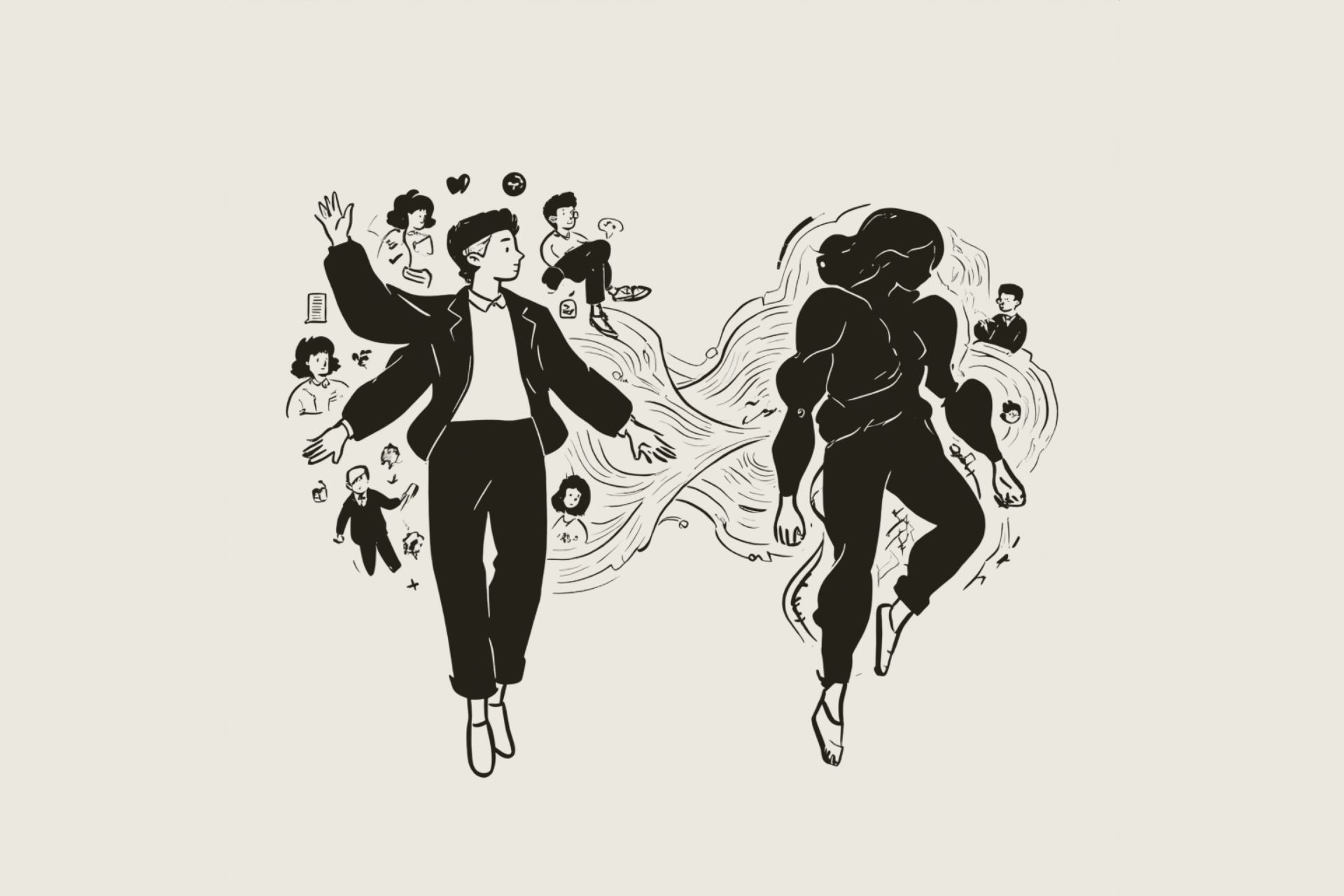We hear people talk about love all the time.
We say we love pizza. We love hiking through the forest. We love the barista who remembers our order. But when you pause and listen closely, something gets exposed:
Much of what we call love isn't love at all. At best, it's appreciation. At worst, it's consumption—driven by hunger, instead of connection.
“I love this” often means “this gives me something I want.” "I love you” can mean “you make me feel good.”
And sometimes, we use the word even when our actions betray it. A parent says “I love you” to excuse their behaviour, while belittling their child. A partner says, “I'm in love with you” while manipulating behind the scenes.
As Aldous Huxley once wrote:
“Of all the worn, smudged, dog-eared words in our vocabulary, 'love' is surely the grubbiest, smelliest, slimiest… And yet it has to be pronounced; for, after all, love is the last word.”
So let's pronounce it—carefully, clearly, and with the weight it deserves.
What Love Is Not
Love is not a mood, a strategy, or a fleeting emotion. It's not about being agreeable, compatible, or impressive.
Love isn't something we feel when we get what we want. It's how we choose to care when we don't.
Real love isn't about what we can extract. It's about what we're willing to give—without losing ourselves in the process.
At its core, love is this: Caring for the well-being and security of others as much as we care for our own.
That's not sentimental. It's revolutionary.
The Energy Beneath Our Action
I was recently watching Narcos, the Netflix series chronicling Pablo Escobar's rise to power in Colombia. The show doesn't flinch. You see the violence, the manipulation, the destruction.
But what haunted me wasn't just what he did. It was what fueled it.
Escobar's life revolved around one thing: himself. His safety. His power. His empire.
Everything else—laws, people, lives—was expendable. And yet… he still demanded loyalty. Honesty. Love.
Even in its most distorted form, humans still crave love from others—while excusing ourselves from the responsibility to embody it.
Which raises a bigger question: What energy are we living from?
Not just in theory—but in practice, in posture, in presence?
That's where the real definition of love begins.
Love-Centric vs. Self-Centric Being
Behind every conversation at the dinner table, every boardroom decision, every policy passed, and every interaction with a stranger at the grocery store—there's an energy running the show.
Not always seen. But always felt. This isn't mysticism—it's resonance. Just as quantum fields shape the physical world, relational energies like fear or trust shape the space between us. Every interaction carries a charge. The only question is: what field are we living from?
Whether we're leading a team, raising a child, navigating conflict, falling in love, or simply choosing how to respond to a frustrating moment on the road—we are always operating from one of two energy fields:
The Invisible Postures That Shape Us
These aren't personality types or moral categories. They are invisible postures—energetic orientations that shape how we show up in the world. And they are at work in every sphere of life: at home and work, in faith and politics, in parenting, leadership, intimacy, and friendship.
We may not always be conscious of them, but they're always there—forming the deeper architecture of how we live, lead, relate, and belong.
As Swami Vivekananda wrote:
"All love is expansion, all selfishness is contraction. Love is therefore the only law of life. He who loves lives, he who is selfish is dying. Therefore, love for love's sake, because it is the only law of life, just as you breathe to live."
Love-Centric Being
This is the expansive, life-giving force that moves toward connection. It's the energy behind courage, kindness, patience, trust, and inclusion. It doesn't just seek to “be nice”—it seeks the flourishing of the whole.
Love-centric being is grounded in the belief that there is enough: enough time, enough value, enough dignity to go around. It is open-handed. Others-focused. Deeply rooted in reality, but not ruled by fear.
You feel it in people who aren't trying to prove anything. Who aren't jockeying for position or managing impressions. Who show up open-hearted and unguarded—not because they've never been hurt, but because they've chosen love over fear.
They listen without needing to fix, speak without needing to impress, and offer presence without agenda. They can hold space for tension without rushing to resolve it. Vulnerability isn't a liability for them—it's the doorway to connection. In a world trained to perform and protect, their grounded honesty feels like a breath of fresh air. And when you're with them, you feel safe enough to soften, to tell the truth, to be whole.
Self-Centric Being
This is the contractive, protective force that pulls inward. Like a black hole, it pulls everything into itself—centering survival, image, control, and comparison. It's not evil. It's often just afraid—afraid of not having enough, not being enough, or being seen and not loved.
Self-centric being roots itself in the belief that life is scarce and uncertain—so we must protect, defend, and prove ourselves to survive.
You feel it in people who need to win, control, or be right. Who withholds honesty to stay safe. Who keep score, keep distance, and keep their guard up—not because they're bad, but because they've learned that vulnerability is dangerous. It doesn't just expose them; it disrupts the game.
In a world where advantage often goes to the most guarded or polished, being open can feel like a liability. Vulnerability can cost you power, image, or the upper hand. And when the goal is to get what you want, anything that threatens control feels like a threat.
Living In the Flux
Here's the deeper truth: none of us lives fully in one field or the other. We are always in motion—shifting, choosing, turning. Moment by moment, thought by thought, conversation by conversation—we are either moving toward love or away from it.
These two energies don't just shape our actions; they shape our way of being. And in every interaction, we are living from one field or the other.
So the real question isn't, “Which one are you?” The real question is, “Which one are you living from—right now?”
And the more we learn to recognize the field we're operating in, the more freedom we have to shift. That's the work of transformation. That's the invitation of love.
Letting Love Flow In and Through You
For over a decade, LifeApp has existed for one reason: To help people live love well.
Not as something to perform, but something to practice. Because love isn't something we master. It's something we let flow—in and through us.
And when it does, something shifts. We stop trying to control or consume. We become conduits of healing, courage, and connection.
But love can't flow when it's blocked. And fear is the most common block— Fear of not being enough, of losing control, of “being hurt”.
That fear is the signal of self-centric being. Not the enemy—just a warning light.
So at LifeApp, we create spaces to help you notice the fear,
breathe through it, and ask:
“What would love do here?”
Not the sugary, sentimental kind. The fierce, creative, soul-expanding kind. The kind that includes. That builds. That sees. That gives.
This is what we're about at LifeApp. Every retreat, every workshop, every resource we create— it's all designed to help you learn how to let love flow
in and through your life. Not just when it's easy. But especially when it's not.
Because when we live love well—in our homes, our work, our friendships, and our world—everything changes.
Because This Is the Work We Do
Okay—now I just want to take a moment to share something about one of the most inspiring programs I've had the opportunity to experience. The LifeApp 3 Day Retreat.
I've watched business leaders walk away with a new kind of clarity—one that transforms boardrooms and family rooms alike.
I've seen artists rediscover creative fire they thought they'd lost
I've seen families talk—and truly hear each other—for the first time in years.
And I've stood with people carrying real pain who found something deeper than relief. They found love and joy they didn't think was possible.
Because when we learn how to let love flow in and through them more fully—something shifts. Not just inside, but in how we lead, create, relate, and live.
And that's what happens over and over again at the LifeApp 3 Day Retreat.
It's not a seminar or a break from life. It's a pattern interrupt. A mind shift. A reset of how you show up to every part of your world.
So if something in you is curious—or even quietly longing for more—I want to personally invite you to join us at the next LifeApp 3 Day Retreat.
Not just for your sake. But for the good of everyone your life touches.
Because when love flows through you—clearly, cleanly, courageously—it changes everything.
We'd love to see you there.
Until next week,
Jonathan Penner | Founder & Exec Dir. of LifeApp
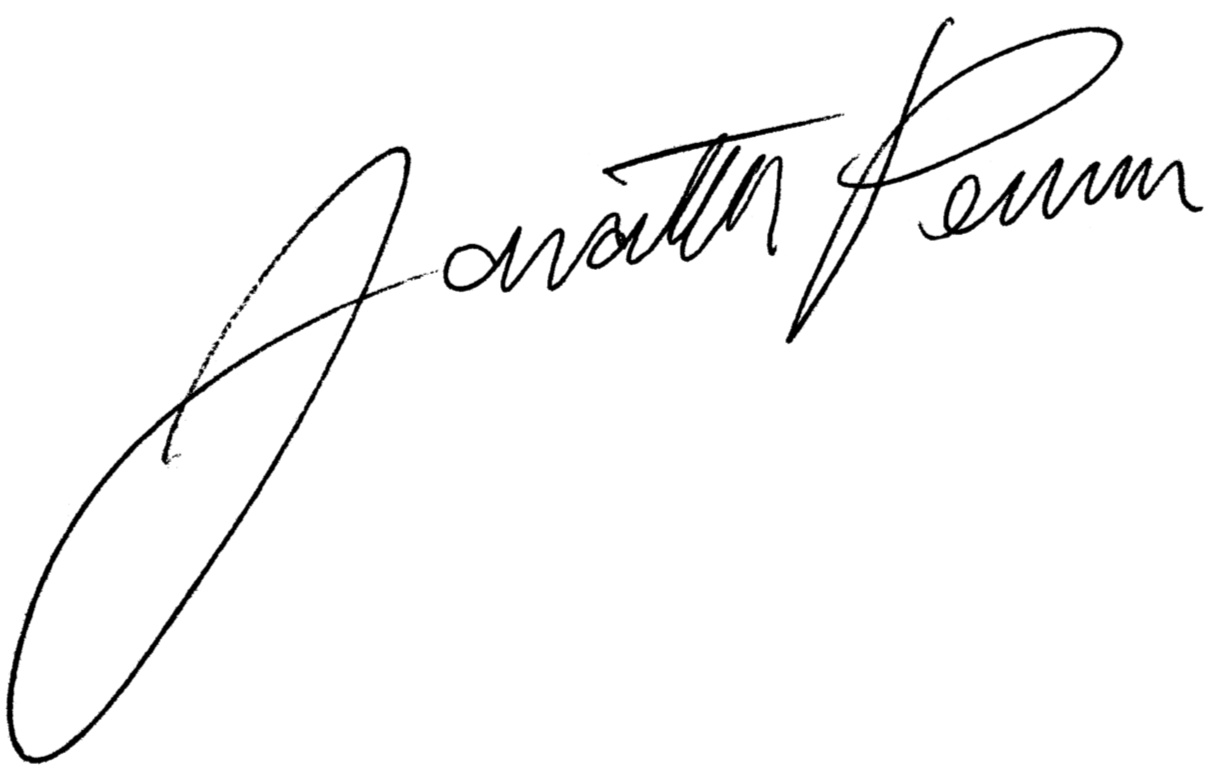
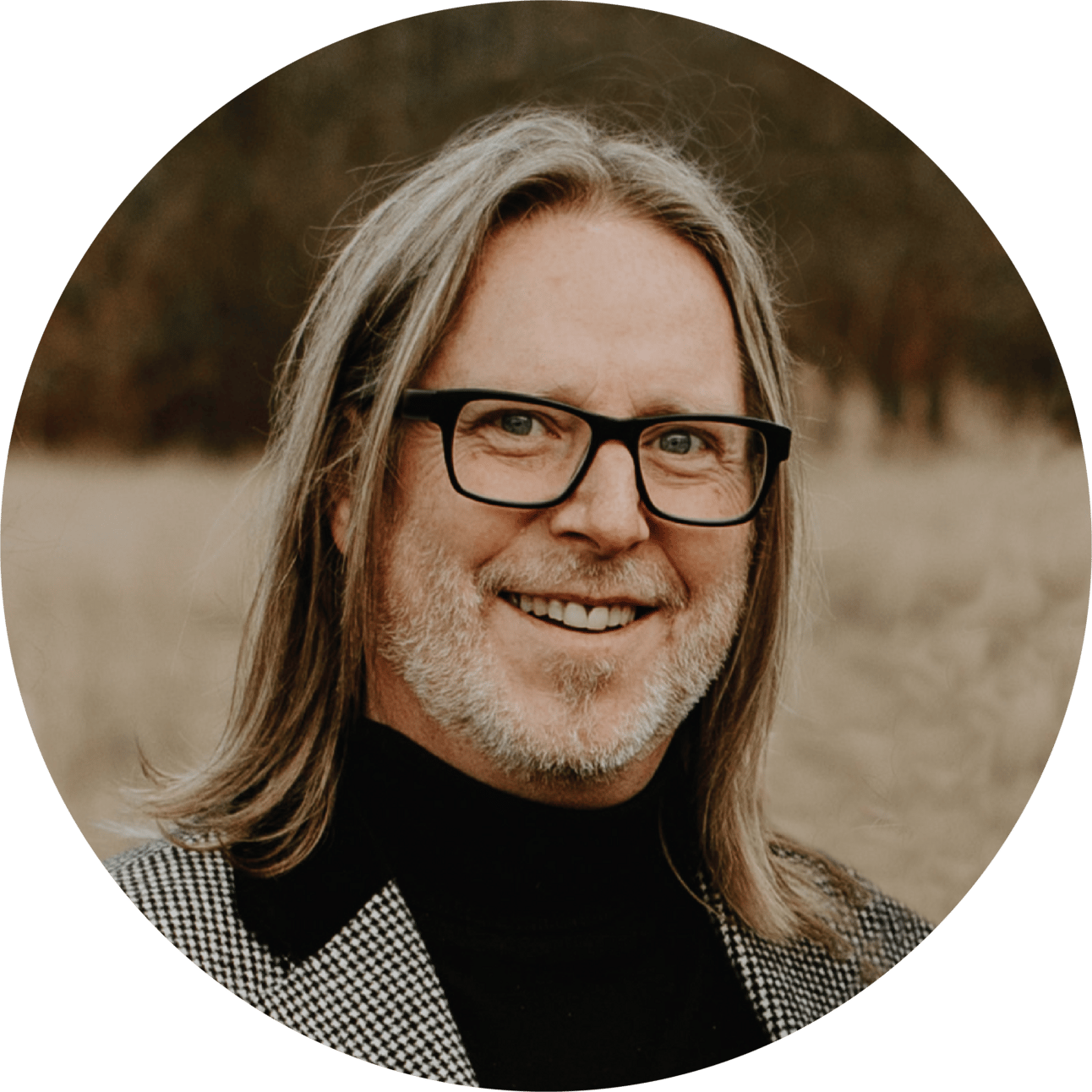
Resources To Dig Deeper
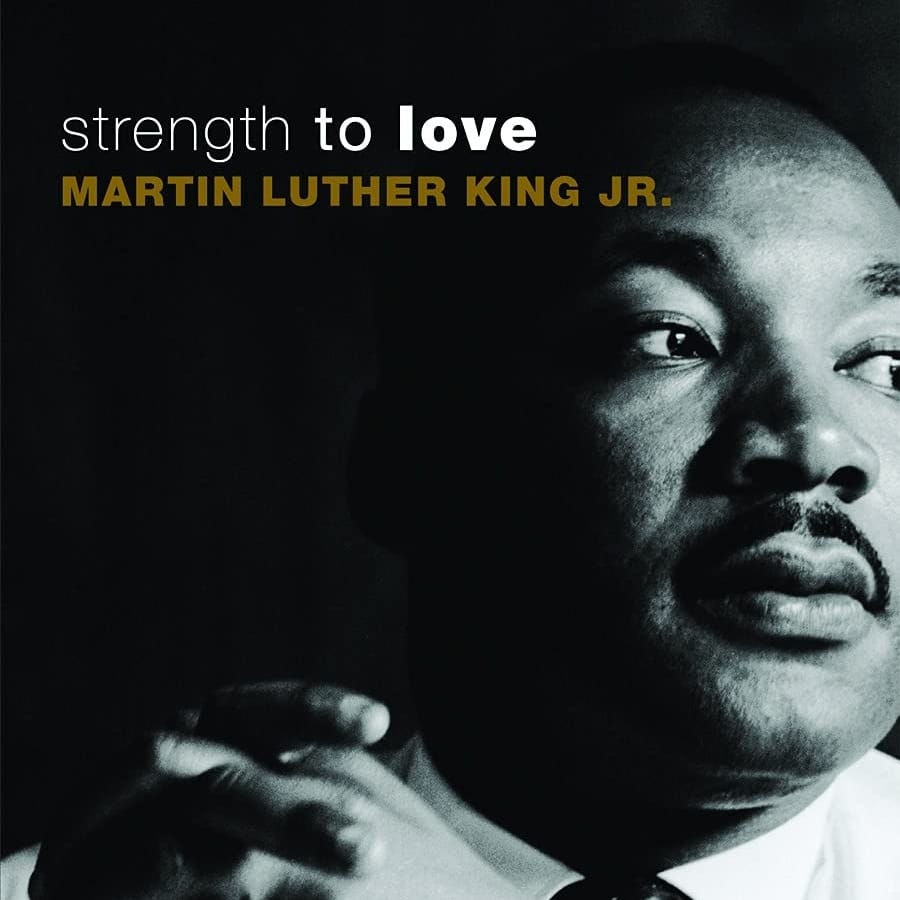
Book
Strength To Love
This powerful collection of essays explores the profound, courageous stance of love—not as sentiment, but as a force strong enough to confront injustice without losing tenderness. King calls us to live from a love-centric orientation: one that is both tough-minded and soft-hearted, grounded in clarity, courage, and compassion
-Martin Luther King Jr.

Song
Love Can Heal
Whatever mess you find yourself in, regardless how you got there. When the edifice has slipped away and died, and left you standing there defenceless. Love can heal x 4. There’s something moving out of you, your body, and your skin. Like mist comes from the water. You can sense it when the cold has clenched its claws, and alone you face what’s coming. For a moment, I raise my head. I can breathe the air. Out in the sunlight, in all the colors. Set against a bed of green, a bed of green. Love can heal x 6.
-Peter Gabriel
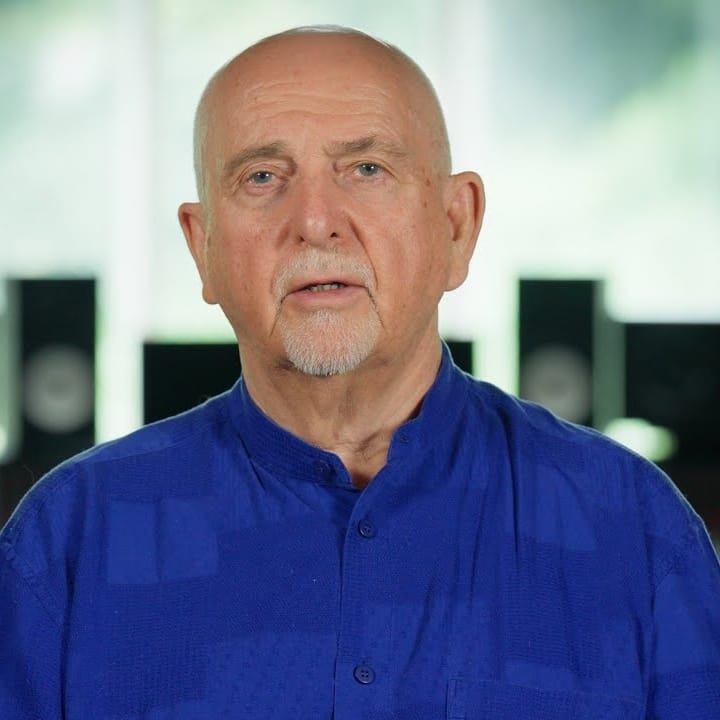
Behind The Song
Peter Gabriel Talks About The Song and Artwork
“It sounds like an old hippie song,” says Gabriel, “But I really believe it.” With layered sound and intimate visuals, the song invites us to feel love not as sentiment but as presence- something that flows through us when we stop isolating and start connecting.
-Peter Gabriel

